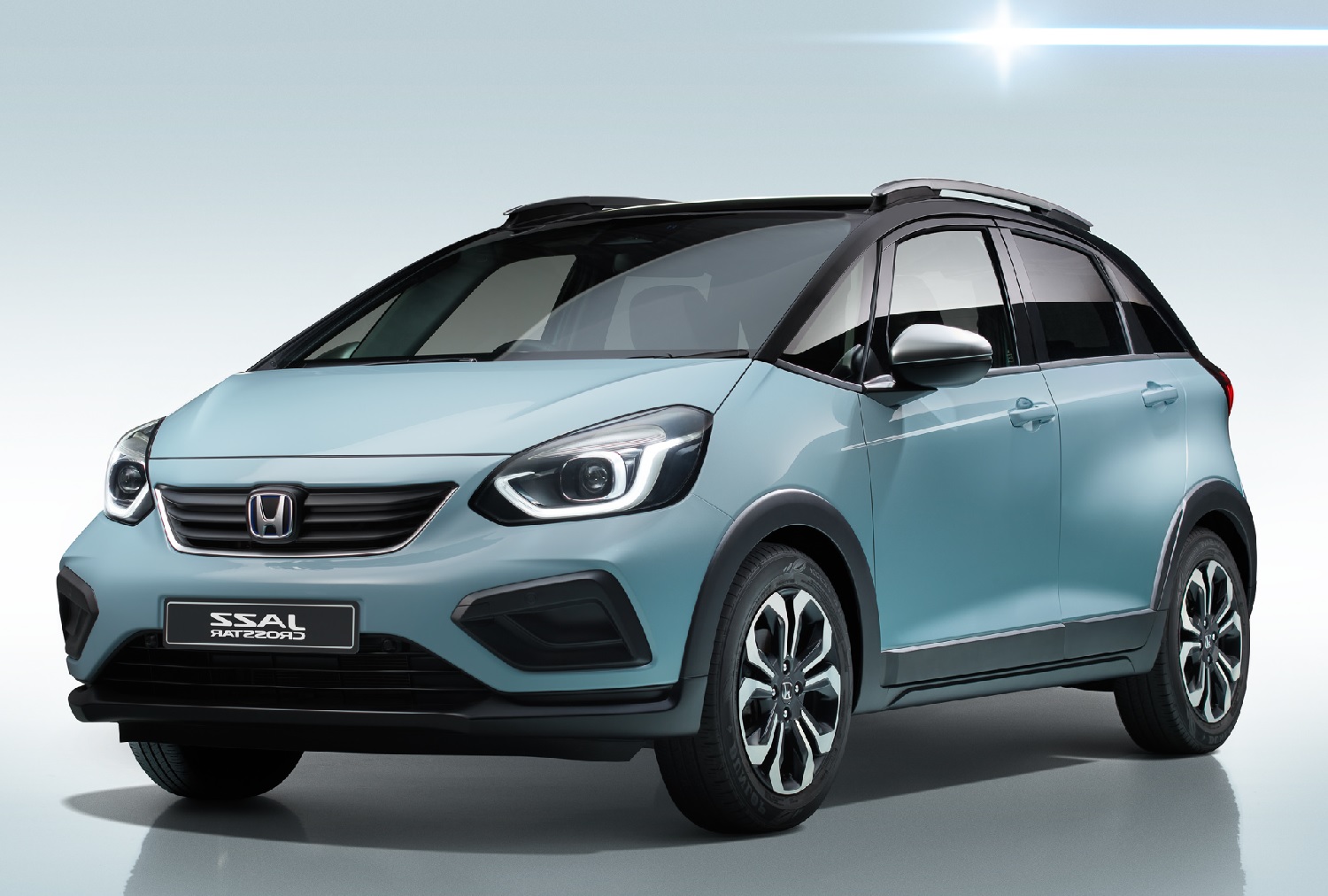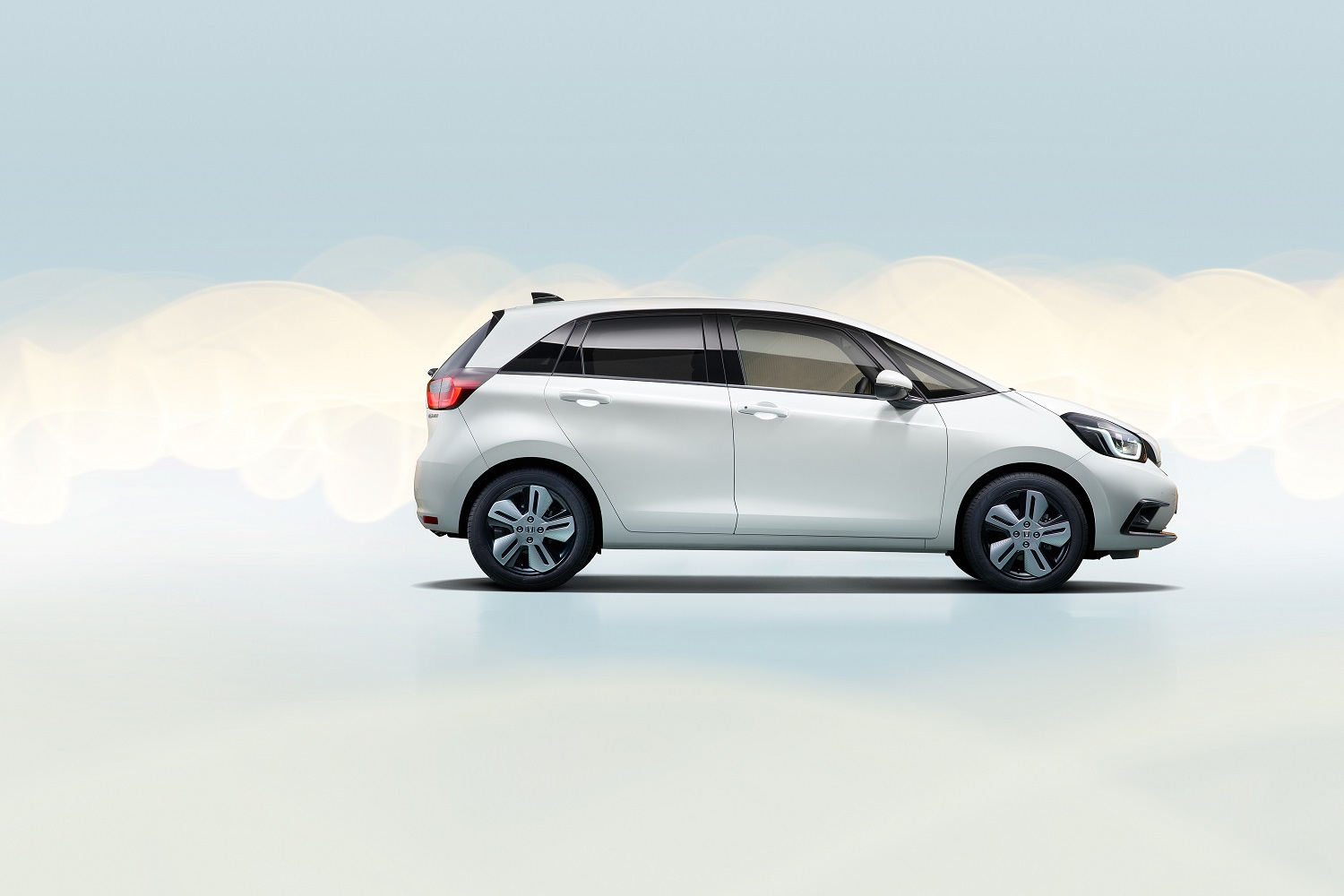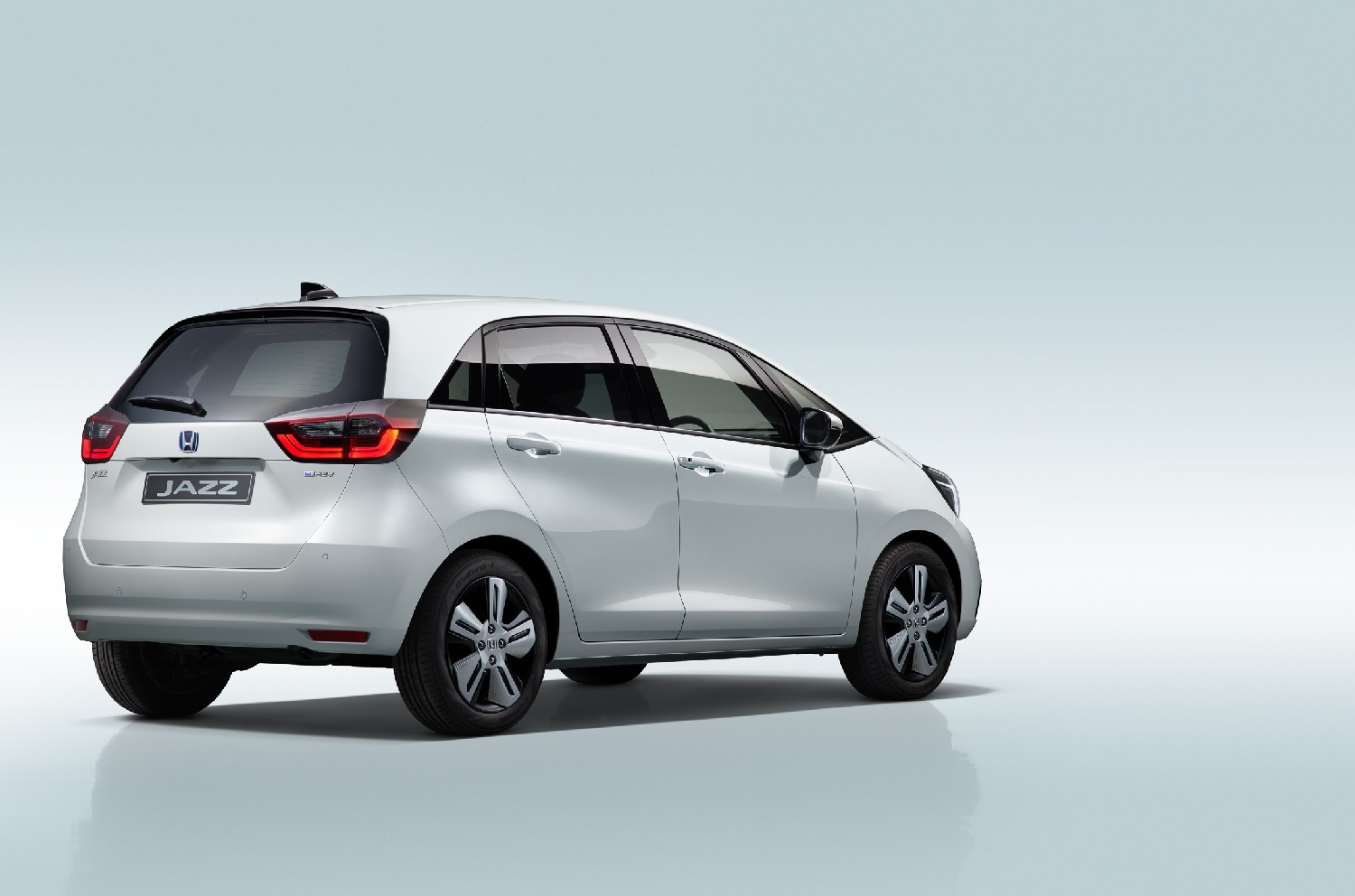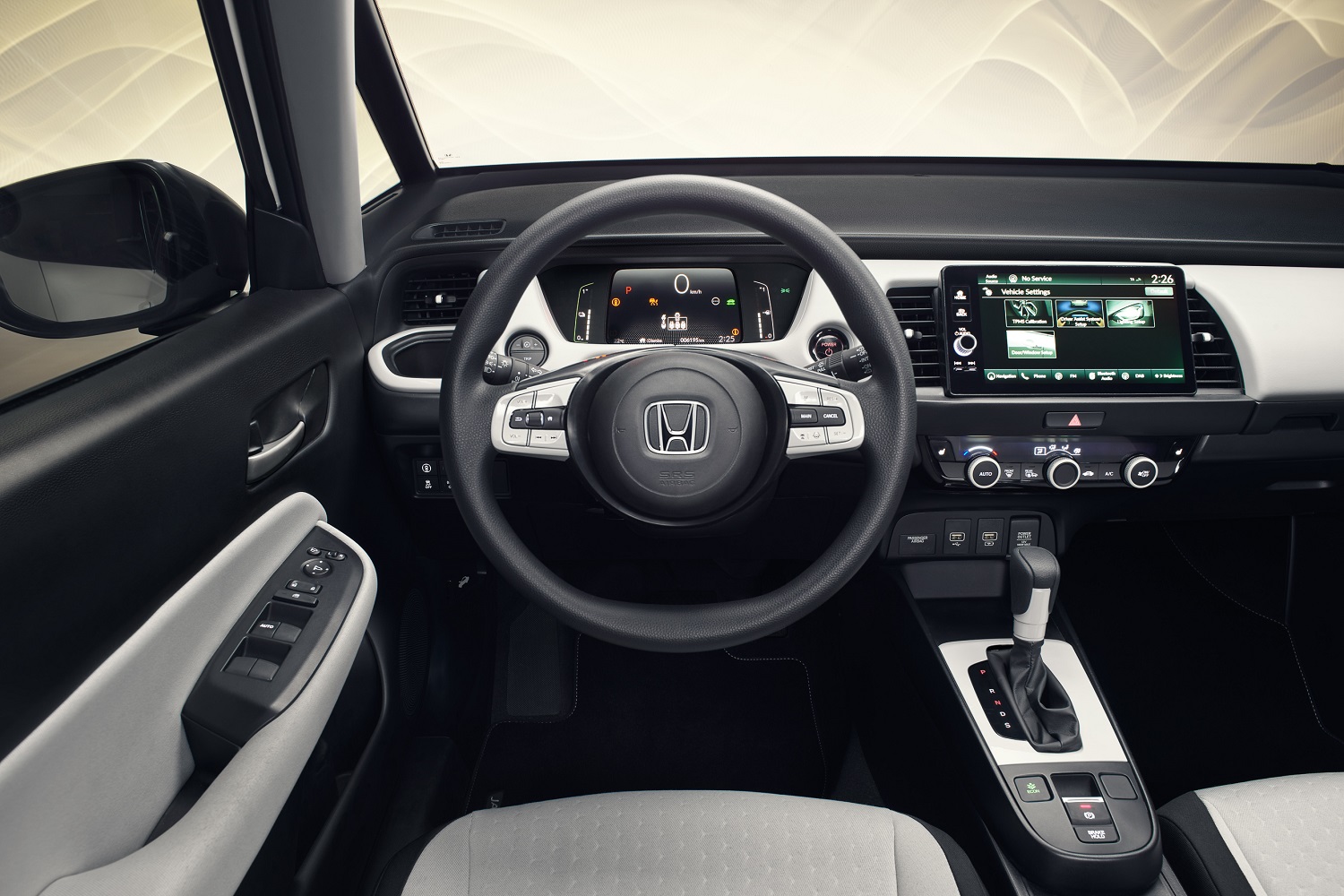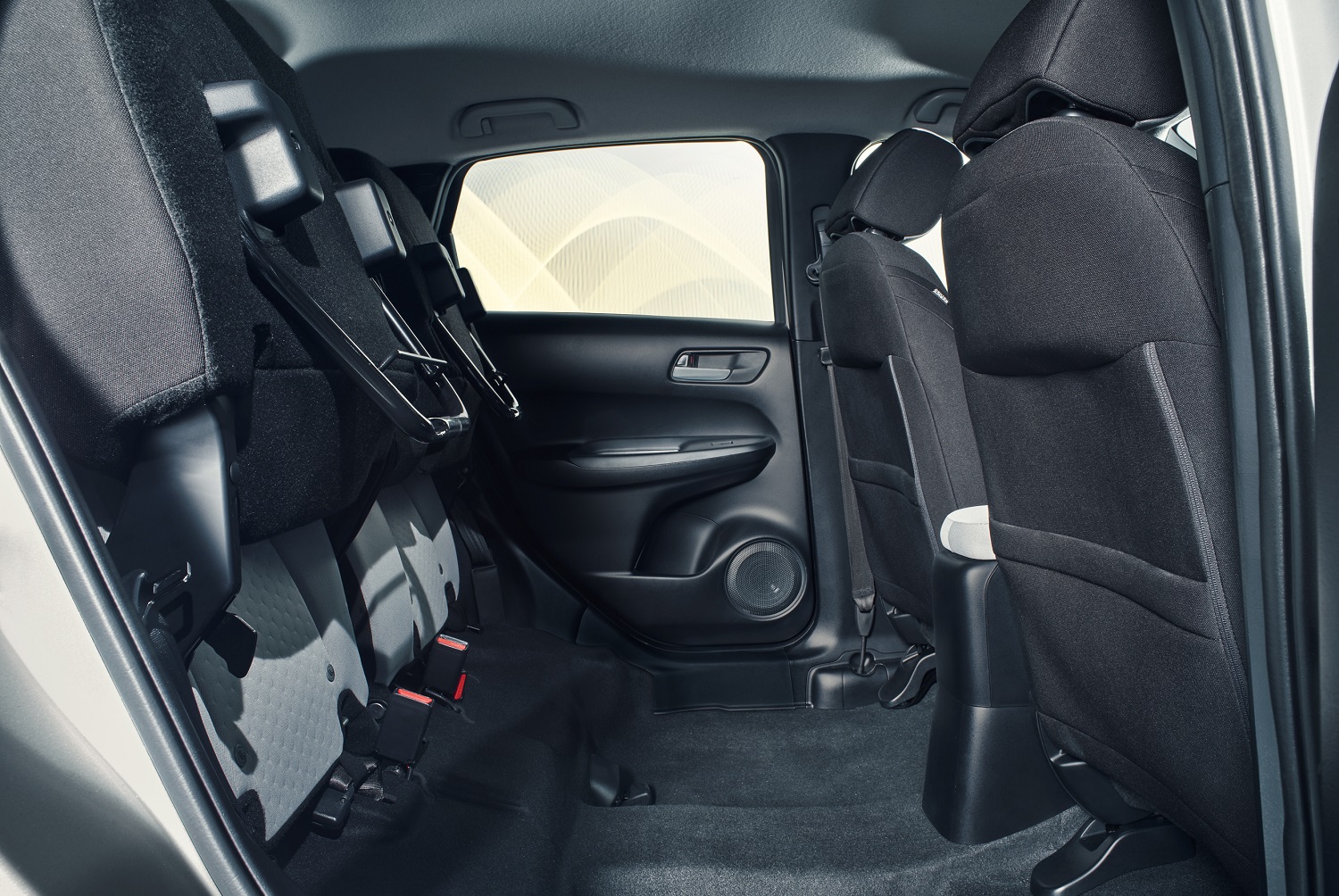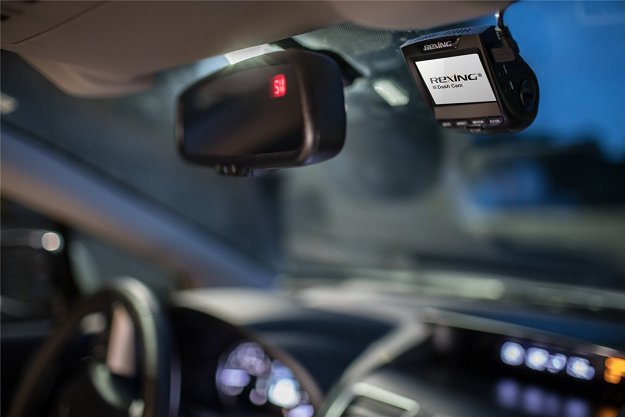Honda traveled to the biennial Tokyo auto show with big news to share. It unveiled a new version of the Fit, the smallest car it sells in many markets, and immediately slotted it into its ongoing push towards electrification.
The next-generation Fit — a model known as the Jazz in some markets — is all hybrid, all the time. It packs a city car-specific version of the two-motor hybrid system found in bigger cars such as the CR-V. That’s all we know about it, unfortunately; Honda will announce technical specifications in the weeks leading up to the car’s on-sale date.
Several tech features have trickled into the Fit from bigger, more expensive models. Take the electronic driving aids, for example. The hatchback is available with a collision mitigation braking system which applies the brakes if it detects a collision with another object — whether it’s a car, a cyclist, a dumpster, or something else — is inevitable. Adaptive cruise control and lane-keeping assist are available too, though it’s too early to tell whether they’ll be standard across the range.
The Fit inaugurates a few tech features, too. It notably offers an intuitive, touchscreen-based infotainment system with smartphone-like graphics and functions. Users can use swipe controls to browse recently-used applications, for example. Alternatively, Honda’s newest infotainment system is compatible with Android Auto, and wireless Apple CarPlay.
Honda’s stylists moved the Fit in a more mature direction, without completely reinventing its design. It still looks like a fit, though we’d argue it’s a little less cartoon-esque than before, which is great or awful depending on your perspective. The range inevitably grows with the addition of a crossover-ized model named Crosstar that gains a sprinkling of plastic-looking bits to pretend it’s an off-roader. And, if you were a fan of the old Fit’s clever Magic Seats, which fold down or flip up, rest assured that they’re back to once again prove city cars don’t have to be horrendously impractical.
The new Honda Fit will begin arriving in showrooms in select markets in 2020. Pricing information hasn’t been released yet, but it might not matter to American consumers. Honda hasn’t revealed if it decided the hatchback is fit enough to again jazz up its American lineup. Digital Trends reached out to Honda, and learned the company isn’t ready to comment on what the future holds. We’ll have to wait and see, but expect it to arrive during the 2021 model year if it returns to the United States.


